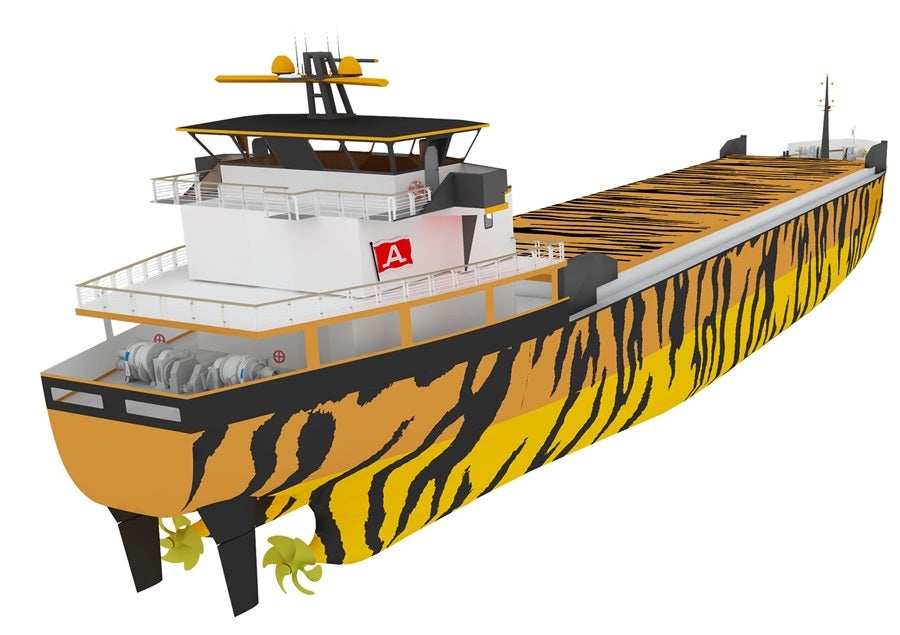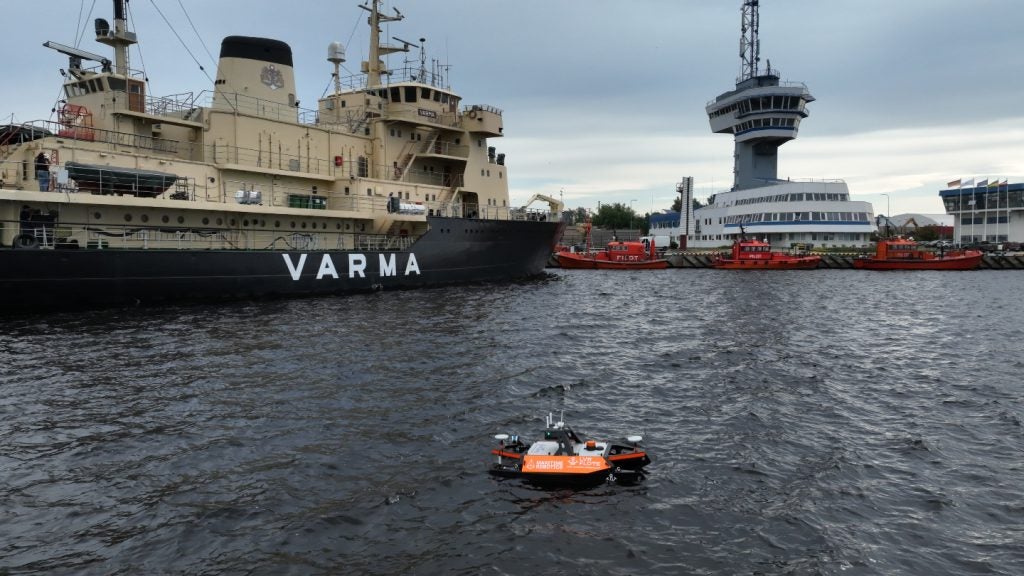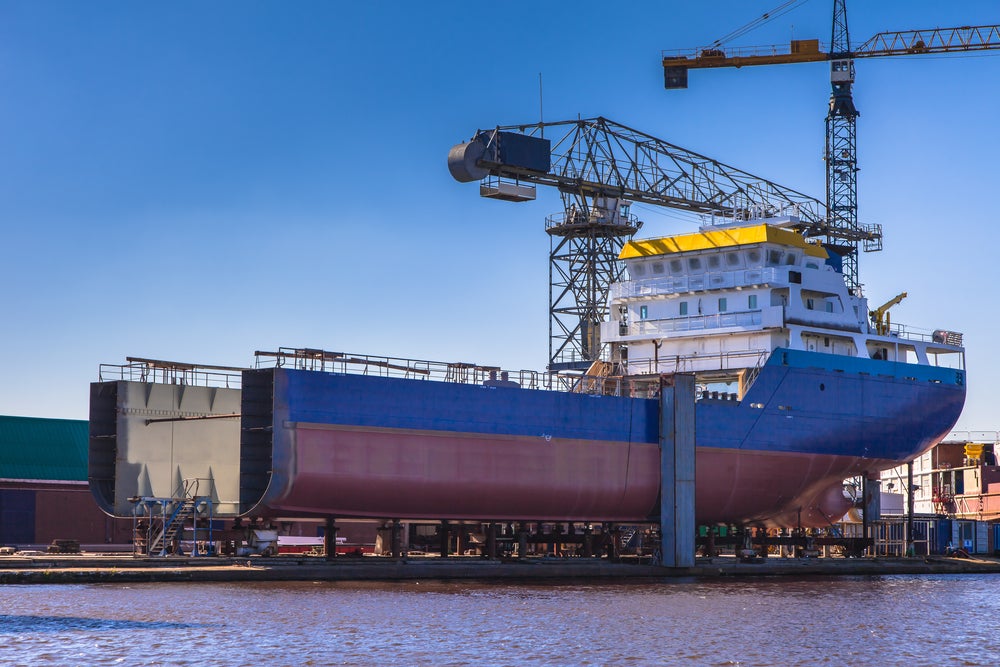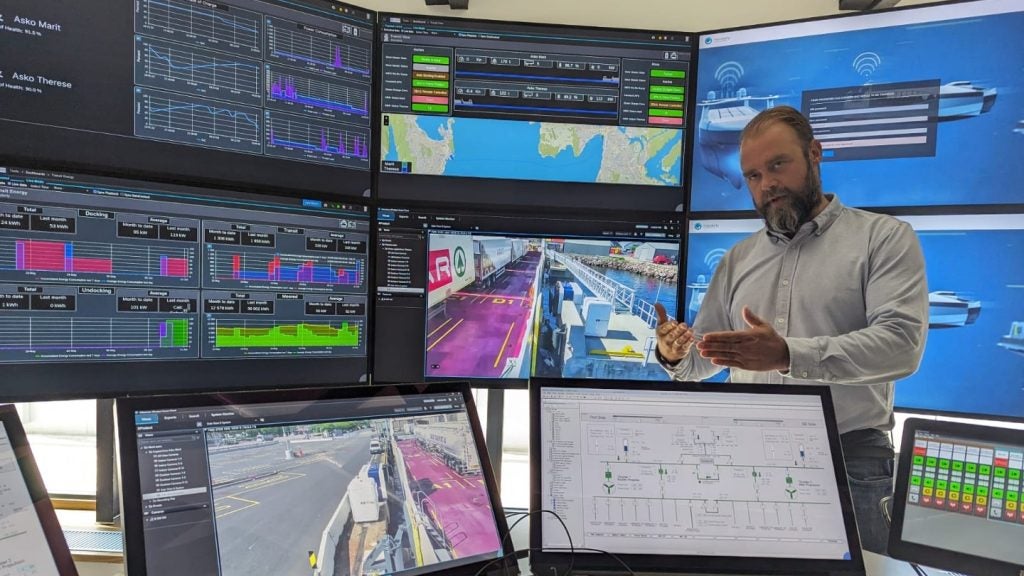
Japan-based Mitsubishi Shipbuilding has partnered with marine industry solutions provider e5 Lab to work on the design for a standard hybrid-electric propulsion vessel named ROBOSHIP.
The firms aim to develop a 499t biomass fuel carrier that will be constructed by Honda Heavy Industries for Asahi Tanker.
ROBOSHIP will feature a standard system package, which will include the hardware for electric propulsion as well as the software for handling the equipment.
The system will have the ability to manage a cargo vessel of up to approximately 749t.
The new vessel will be equipped with a hybrid solution of large-capacity storage batteries and generators for driving the propulsion motors.
In a statement, Mitsubishi Shipbuilding said: “The adoption of Mitsubishi Shipbuilding’s high-performance twin skeg ship design lowers propulsion horsepower by more than 20%, reducing CO₂ emissions during cruising and allowing the ship to navigate completely CO₂-free during port operations, such as freight loading and unloading, pier docking and undocking, and entering or leaving port.”
How well do you really know your competitors?
Access the most comprehensive Company Profiles on the market, powered by GlobalData. Save hours of research. Gain competitive edge.

Thank you!
Your download email will arrive shortly
Not ready to buy yet? Download a free sample
We are confident about the unique quality of our Company Profiles. However, we want you to make the most beneficial decision for your business, so we offer a free sample that you can download by submitting the below form
By GlobalDataThe ship’s generators will enable carbon-free operations as they will support green fuels, including liquefied natural gas (LNG), biofuel, hydrogen, ammonia and synthetic fuel.
In addition, the system will minimise noise and vibration to offer more comfort inside the ship, lower diesel engine maintenance and optimised steering capabilities.
In the coming years, the mass production of vessels loaded with this standardised system will eventually cut down expenses, promoting the ‘widespread adoption of electric propulsion vessels’.
The construction of the vessel is expected to be completed by April 2023.
Once delivered, the newbuild is projected to sail as a biomass carrier for Aioi Bioenergy.
Furthermore, the ship will be installed with a Marindows-developed digital platform.
Last month, Nippon Yusen Kabushiki Kaisha (NYK) Line collaborated with Mitsubishi Shipbuilding to develop a large-scale liquefied CO₂ carrier.






